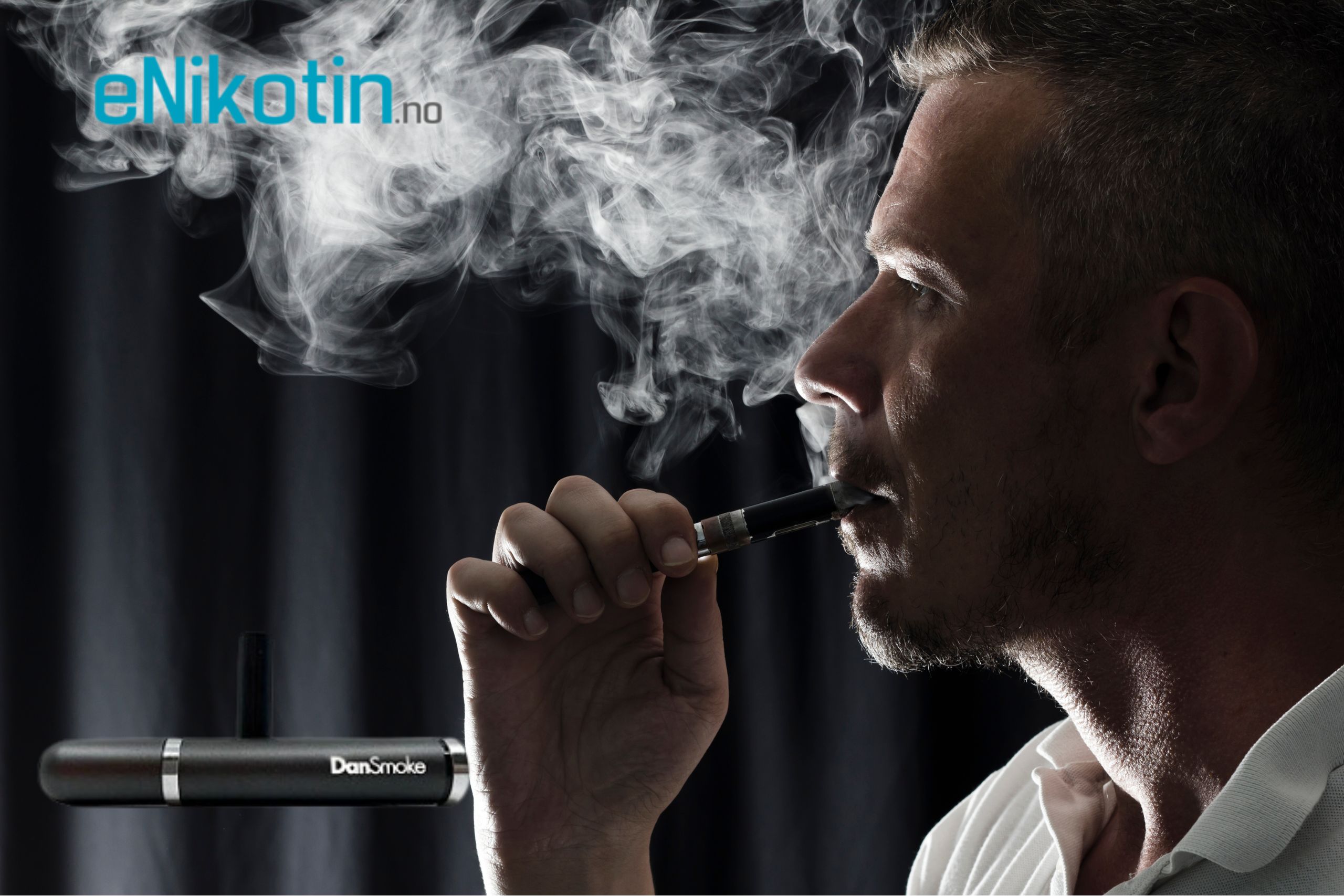Men who engage in sexual activity with men (MSMs) are at high risk for sexually transmitted infections (STIs). To effectively combat this risk, interventions targeting MSM must provide information that promotes good sexual health practices you can also visit tuspastillas.
For effective interventions, it is essential to understand how MSM are affected and respond by social media and dating apps. This study explored whether providing sexual health information via these platforms is acceptable.
1. Social Influence
Social factors have a profound effect on someone’s sexual health. Some are related to gender identity, while others stem from relationships with others. Generally speaking, these influences can be either positive or negative and have an influence on one’s sex behavior as well as overall sexual wellbeing.
Some studies have demonstrated that using social media can negatively influence sex behavior. These investigations revealed that problematic use of these platforms leads to lower erectile function, sexual dissatisfaction, more coital pain and discomfort, as well as difficulties with lubrication and reaching orgasms.
These findings are significant as they demonstrate how a person’s relationship with peers can impact their sexual health. Furthermore, they emphasize the significance of cultivating healthy connections among those who share an interest.
In addition to impacting a person’s sexual behavior, social influences can also have an effect on one’s mental and emotional health. Such elements make it difficult for individuals to cope with their feelings, leading them to experience depression or anxiety.
One way to reduce these influences is by increasing access to mental health services. This can make someone feel less depressed or anxious and also improve their capacity for dealing with stressful situations.
Another way to mitigate negative influences is having someone’s social network support them in seeking assistance. This can be accomplished by making sure the individual knows that friends and family members are aware of their struggles and can offer helpful advice.
For some young men, family members’ influence can be transformative. This is because they bring awareness to a problem the young man is facing and provide him with space to reflect on what’s wrong.
People suffering from psychological issues may find this particularly helpful. A family member or friend can point out the issue and motivate them to seek assistance.
2. Behavioral Influence
Dating apps and social media can be used for sexual health promotion to reach men at critical moments in their lives – when they’re vulnerable, in an advantageous position and open to receiving information. By providing timely, targeted and accurate sexual health info on dating apps and social media platforms, MSM may reduce STIs and improve adherence to safe sexual practices.
The use of social media and dating apps to provide sexual health information to MSM has been discussed in the literature; however, little research has been done to examine its acceptability.
This study sought to uncover the sources, perceptions and uses of sexual health information on social media and dating apps among MSM in England. Semi-structured interviews were used to explore these issues; data was then analyzed using thematic analysis.
Most MSM interviewed believed social media to be a reliable source for sexual health information, though some expressed worry that sharing or commenting on such matters could lead to labelling and discrimination. They were also worried that altered interpretations of the data might result from comments or shares made on them.
They expressed worry that using these platforms to promote sexual health could lead to judgements and discrimination based on gender, race or age. This was particularly pertinent for younger MSM who were becoming more sexually active or re-engaging with the gay scene – an environment which carries particular risks.
Young people, often unaware of their sexual health and lacking sexual education, require high-quality, relevant and up-to-date sexual health information through social media and dating apps. This could be done through various mechanisms such as providing educational content or offering a platform for individuals to share their own experiences and those of others.
Despite their widespread appeal, many sexually explicit online content sites do not reflect the true experience of all Internet users – particularly disadvantaged youth who tend to have lower levels of internet access.
3. Psychological Influence
Psychologically speaking, media exposure can have an impact on behavioral intentions and the ability to negotiate sexual situations (safe sex self-efficacy). Studies have noted that viewers are more likely to initiate intercourse after watching an episode of a television show with plenty of sexual content. This relationship could be explained in part by changes in viewers’ perceptions of themselves, their capacity for managing such situations (safe sex efficacy), peer norms regarding sexual activity, and beliefs regarding its consequences.
Research has demonstrated that social media can be a powerful source of information about sexual health and the health of others, leading to changes in people’s behaviors and perceptions – such as more aggressive, risky or ineffective sexual activities.
This has important ramifications for public health policy and intervention design. Additionally, health professionals should take into account the influence of social media when developing counseling or treatment plans.
Young men often rely on members of their social networks – partners, family, and friends – when making decisions to seek assistance for their problems. These groups serve as powerful conduits of information regarding one’s emotional state and wellbeing.
Research has also indicated that when someone’s social network includes friends who provide support, they may be more likely to seek help for their problems. These people can help the young man break away from social norms that have an adverse effect on his emotional well-being such as avoiding discussing problems with others out of fear that doing so will negatively affect his image or reputation.
Studies have also demonstrated that when family and friends show support for someone’s sexual health and desire, they are more likely to seek assistance. This may be because these individuals serve as a source of comfort during times of stress or anxiety, offering encouraging words of advice.
4. Physical Influence
One of the most captivating aspects of social media is its ubiquitous nature and interactive nature. This can either be a positive or negative factor depending on who you ask. For instance, a young man with access to social media may be more apt to use it for communication with friends or colleagues, or simply perusing tech products he finds appealing. Unfortunately, this could have long-term detrimental effects on his health and wellbeing. To prevent him and his peers from succumbing to the digital devil, a comprehensive social media strategy should be integrated into any comprehensive digital health program. Even with the best intentions, maintaining control of one’s online presence can be challenging. To avoid falling down the social media rabbit hole or worse, into its digital black hole, it’s best to enlist the assistance of a trusted adult or family member when needed. This can be done via regular check-ins with someone you trust so that the teen does not intrude on someone else’s privacy or friend’s time. Doing this also keeps him from getting too involved online with bad company.








